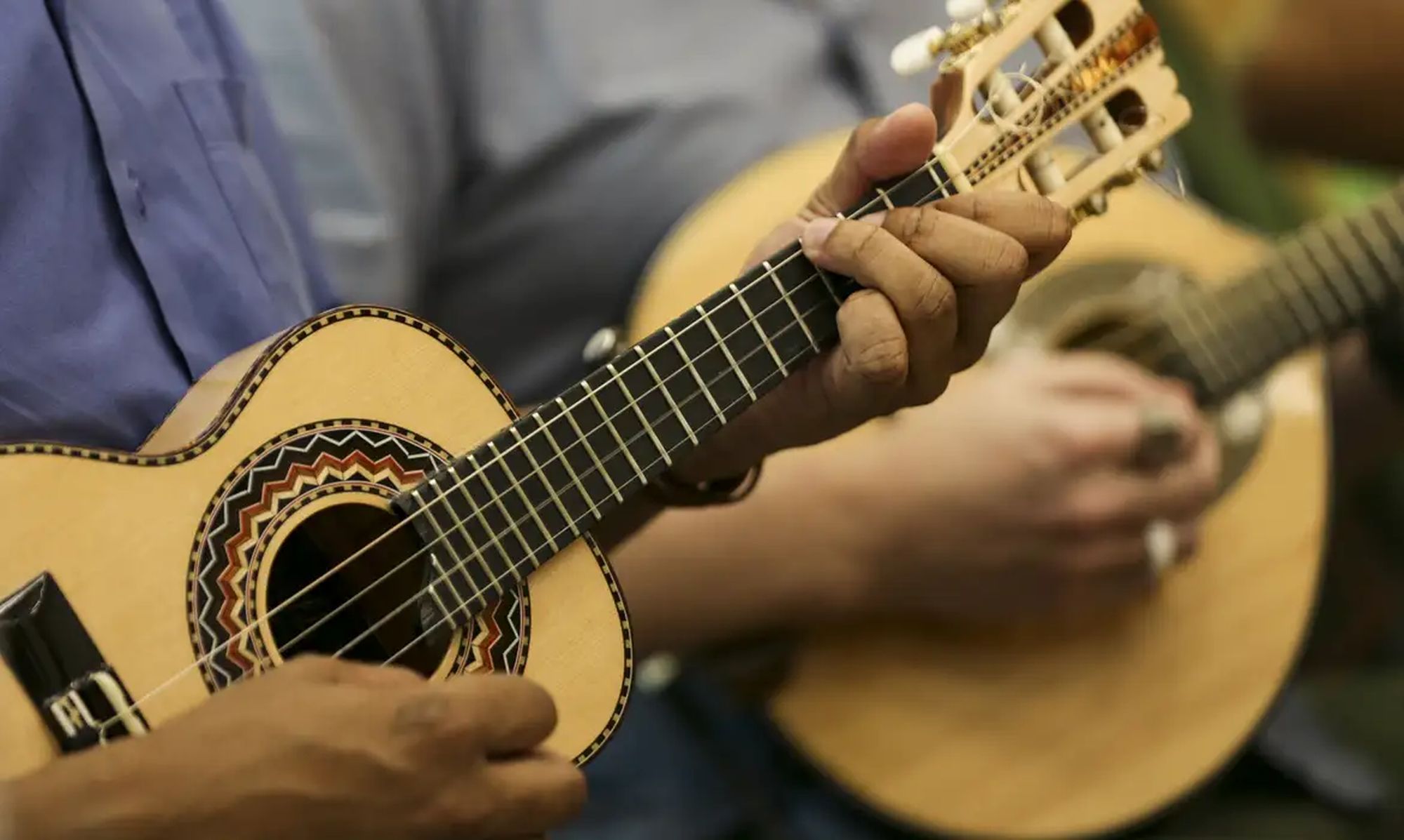Choro, a genuinely Brazilian musical genre, also known as chorinho, has been declared a cultural heritage of Brazil, recognizing its significance in the country’s culture and history.
This genre is characterized by the use of instruments such as the mandolin, flute, 7-string guitar, pandeiro, cavaquinho, and clarinet, which form the basis of choro groups. However, various other instruments can be added depending on the hundreds of rodas de choro (choro gatherings) that have formed throughout Brazil.
The announcement of this designation was made last February 29 by the Cultural Heritage Advisory Council, chaired by the National Historical and Artistic Heritage Institute (IPHAN), which is part of Brazil’s Culture Ministry.
According to IPHAN, the term “choro”, which means weep, is derived from the melancholic way of playing foreign music at the end of the 19th century, with its enthusiasts calling it “music that makes you cry.”
The request for recognition was presented by several organizations, including the Brasília Choro Club, the Casa do Choro Institute of Rio de Janeiro, and the Santos Choro Club in São Paulo state. With this recognition, choro will be registered in IPHAN’s Book of Forms of Expression, alongside 52 other intangible cultural heritage assets.
The president of the Brasília Choro Club, musician Henrique Lima Santos Filho, known as Reco do Bandolim, commented on the significance of this registration, saying,
“It’s an asset that gives us pride and represents the nation. It’s the first genuinely Brazilian manifestation predating samba, reflecting our profile and deep soul. Choro brings together influences from Europe and Africa; each region has its richness. All these elements are mixed and transformed into this rhythm.”
Minister of Culture Margareth Menezes praised IPHAN’s decision, stating that choro “is a construction of the Brazilian people, loved by the Brazilian people, and should be embraced by them.” She emphasized the beauty and importance of chorinho as a heritage site, highlighting its significance to the Brazilian people.
The president of IPHAN, Leandro Grass, said that its policy in this administration is to take a more careful look at the assets that represent the country’s territories and communities and that some expressions of Brazilian culture are being strategically positioned in this process of recovering popular culture and regaining the prestige of these assets. He added, “Choro already can reach Brazil as a whole and also spread, reaching schools.”
Grass points out that the designation registered on Thursday is not just the recognition of Brazilian cultural heritage; it also reflects the federal government’s commitment to preserving it and expanding the population’s access to it.
ABr









